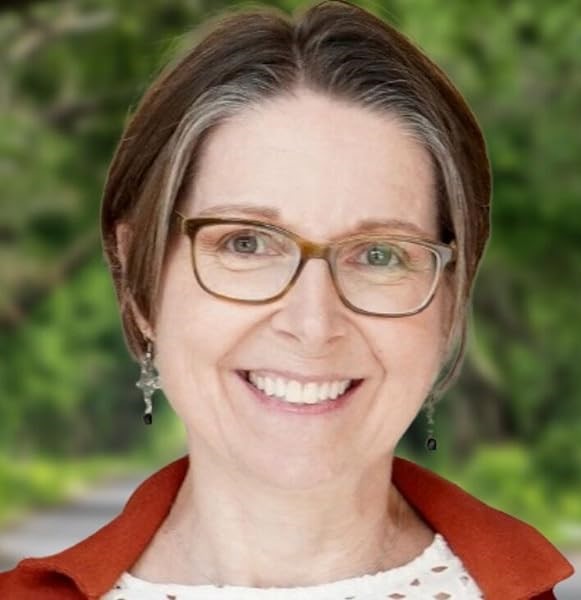
In Welcome To The Bright, you share with readers the challenges you faced as you readjusted to life after surviving a stage 4C colon cancer diagnosis and subsequent treatments. What inspired you to share your story?
As I was recovering, I was looking for resources online on how to cope with not only the physical changes that had happened to my body and the emotional troubles I was having but also for how to reintegrate into my former life. I wasn’t finding any help, so I turned to my fellow cancer survivors for advice. It turned out we all struggled with getting back to our previous careers and lifestyles. It became clear that I was not alone in feeling adrift, and it would be important to write about this phase of the cancer journey to help other people navigate this difficult and unexpected time.
I appreciated the candid nature with which you told your story. What was the hardest thing for you to write about?
For sure the hardest was sexual dysfunction. The doctors had a hard time talking to me about it, my survivor friends weren’t talking about it, and again I just couldn’t find solid resources out there to help me. It was another thing where I thought, “I’m not alone, so if I don’t talk about it, other women will never know it happens.” It was hard to think that my family and friends would read about this very private situation, but on the other hand, there were bound to be plenty of women out there who had survived cancer to find themselves in the same position as me, and they needed to hear my story. That chapter was written for them so that they knew this wasn’t something shameful to hide and ignore, and that they absolutely are not alone.
What is one piece of advice you wish you had been given when you were diagnosed with cancer?
“Don’t compare yourself to anyone else.” Everyone’s story is different, every diagnosis is different, and even the same kinds of cancers are different. It was difficult in my support group to listen to other people’s experiences and then worry that the same thing would happen to me. I had to accept and believe that I am unique, and none of us have an exact same reaction to the drugs so we shouldn’t all expect the same outcome. Just because one person had terrible pain with a surgery didn’t mean that I would. It took me a while to understand this and just keep my eyes on my own path and not get distracted or frightened by other people’s stories.
What is a common misconception you believe most people may have about cancer survivors?
Many people just expected me to jump straight back into my previous life as if nothing had ever happened. As a musician, suddenly everyone was inviting me to rehearsals, and friends wanted to take me out to lunch. There’s a lot of PTSD involved in having cancer, how it manifests is different for everyone. I was nowhere near ready to get back on stage or sit in a restaurant. The life I lived before cancer was foreign to me, and I was on a path to discovering who I was now, post-cancer. I think people (thankfully!) don’t understand what a profound effect cancer has on us, it literally changes our lives in unimaginable ways, and I was trying to discover who I was now, in the aftermath of cancer. I know people were excited to get me back, but I was a changed person and I felt as if I needed them to acknowledge that and learn about the new person standing before them.
Author Links: GoodReads | Facebook | Website | Amazon
She never expected how difficult it would be to transition from colon cancer patient to colon cancer survivor.
Beginning a new regimen of treatments meant to prevent a recurrence, she faced the daunting task of returning to her former life. Plagued with debilitating panic attacks, she turns to nature to find the strength and inspiration she needs to navigate her rocky post-cancer recovery.
Welcome to the Bright chronicles the year after Lisa’s first clear scan and her discovery that the path through the second half of her life is going to be a long and winding road. Becoming a survivor is just the beginning.
#Diagnosis #LITERARY #TITAN
